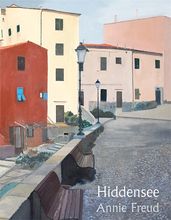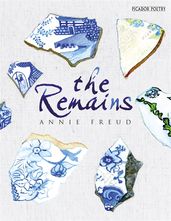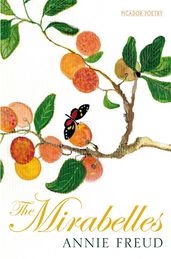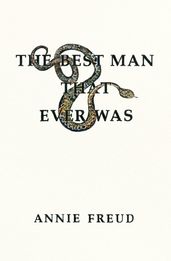Synopsis
A powerful collection from the T. S. Eliot Prize-shortlisted Annie Freud.
Hiddensee represents Annie Freud’s most ambitious work to date, not least because it is a book about ambition and its necessity, the need to go beyond oneself, and to do what one cannot: Freud dives into other ways of thinking, other art forms, the taboos of illness and desire, and – spectacularly – other languages.
This ambition has also emboldened Freud to pursue and confront the complex truth of herself: her German Jewish inheritance, her teachers, the remarkable minds of the exiled individuals who raised her – and the exiles she herself then pursued. The book also celebrates the work of the French-language Swiss poet Jacques Tornay, whom Freud identifies as a spiritual brother – and a route back into her own French and symbolist influences. These astonishing and generous versions of Tornay remind us that our voices should not and cannot be uncomplicatedly our own.
Hiddensee is named for the Baltic island where Annie Freud’s grandmother spent her summers before the war (and its famous artistic community, whose members included George Grosz and Käthe Kollwitz). In its unselfconscious internationalism and breathtaking cultural range, Hiddensee offers a radically European and multilingual perspective to counter the cultural narrowness and closing borders of the current age, and again confirms Freud as one of our most essential poets.
Details
Reviews
Often witty and light-hearted, sometimes worried and sad, Freud’s poems are highly evocative of the complicated life she has led.
Modest, gentle and universal, these understated poems are a small masterclass in the art of synthesis



